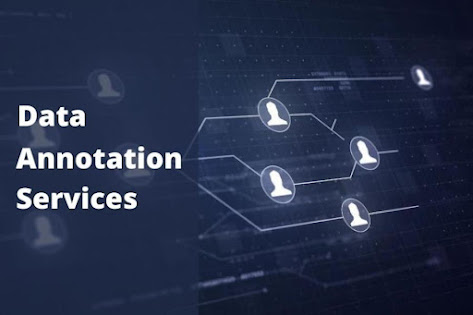The Future of Voice Recognition: Advancements in Speech Data Collection
Introduction:
The field of voice recognition is rapidly evolving, driven by significant advancements in speech data collection and analysis. As we look towards the future, these developments promise to transform how we interact with technology, making voice-driven interfaces more intuitive, accurate, and accessible. This article explores the cutting-edge trends and technologies shaping the future of voice recognition and the role of advanced speech data collection in this dynamic landscape.
Emerging Trends in Voice Recognition:
Voice recognition technology has moved beyond simple command-based systems to more sophisticated, context-aware applications. The emergence of AI and machine learning has played a pivotal role, enabling systems to understand nuances in language, accents, and even emotional inflections. The future will likely see more personalized voice recognition systems that adapt to individual speech patterns and preferences.
Advancements in Speech Data Collection:
The cornerstone of these advancements is the enhanced collection and processing of speech data. Modern speech data collection involves capturing a wide range of voices, dialects, and languages, ensuring systems are inclusive and effective across diverse user groups. This data is then used to train machine learning models, allowing for continuous improvement in accuracy and responsiveness.also we provide Audio Data Collection
Diverse Data Sets for Inclusivity:
Future voice recognition systems will emphasize collecting speech data from diverse demographics, covering various languages, dialects, and accents. This inclusivity ensures that voice recognition technology serves a global audience, breaking down language barriers and enhancing accessibility.
Real-Time Learning and Adaptation:
Advancements in AI enable voice recognition systems to learn in real-time, adapting to users' speech patterns, vocabulary, and preferences. This dynamic learning makes interactions more natural and efficient, leading to a more seamless user experience.
Privacy-First Data Collection:
As speech data collection intensifies, privacy concerns come to the forefront. Future technologies will likely incorporate privacy-by-design approaches, ensuring data is collected and processed with user consent and in accordance with data protection regulations.
Integration of Emotional Intelligence:
Future voice recognition systems may incorporate emotional intelligence, enabling them to recognize and respond to the emotional state of the user. This could revolutionize customer service, mental health applications, and personalized interactions.
Cross-Platform Synchronization:
With the proliferation of IoT devices, future voice recognition systems will likely offer seamless cross-platform integration, allowing users to switch between devices without loss of context or functionality.
Edge Computing for Faster Processing:
Edge computing will play a significant role in processing speech data locally on devices, reducing latency and enhancing privacy by minimizing data transmission to cloud servers.
The Impact on Industries and Daily Life:
The advancements in voice recognition and speech data collection will have a profound impact across various sectors. In healthcare, voice-driven interfaces can assist in patient care and data entry. In retail, personalized shopping experiences can be created using voice recognition. In the home, smart devices will become more intuitive and responsive, making daily tasks easier and more accessible, especially for individuals with disabilities.
Conclusion:
The future of voice recognition, fueled by advancements in speech data collection, holds immense potential for creating more intuitive, inclusive, and efficient user experiences. As the technology continues to evolve, it will redefine our interaction with digital devices, making voice the preferred mode of communication in an increasingly connected world. The key to unlocking this potential lies in responsibly collecting and utilizing speech data, emphasizing privacy, inclusivity, and continuous innovation.
How GTS.AI Can Assist in Video Data Collection:
Globose Technology Solutions (GTS.AI), a pioneer in the field of artificial intelligence, has expanded its expertise to encompass speech data collection. GTS AI's tailor-made AI solutions are revolutionizing the way businesses gather, interpret, and utilize speech data. This advancement is not merely about data acquisition; it's a leap towards enhancing operational efficiency and gaining profound insights via sophisticated analytics. GTS AI is at the forefront of harnessing the potential of AI in speech data, making it a tangible asset for innovation and business growth. The advent of GTS AI's services in this domain marks a new era of possibilities, transforming speech data collection from a concept into a beneficial tool for diverse industries.

.jpg)




Comments
Post a Comment